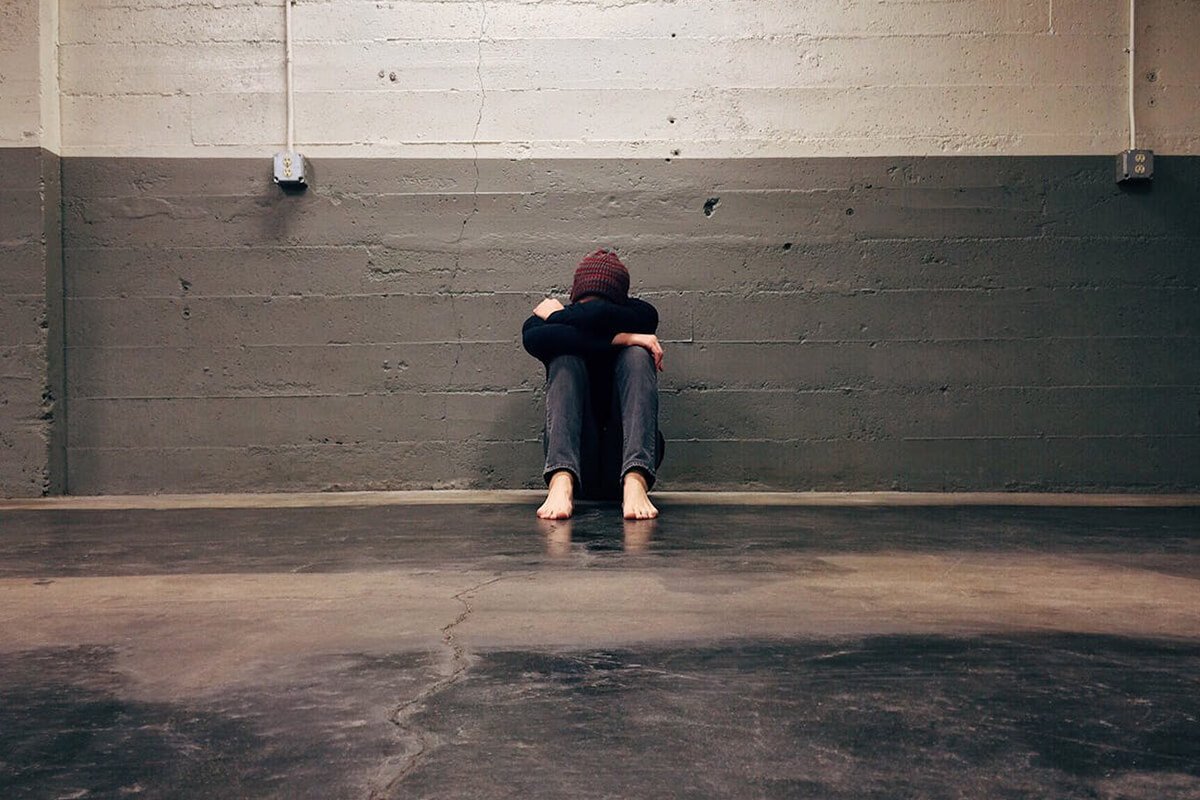Depression is a mental health condition that is more than feeling sad. It affects thoughts, feelings, and daily life. Many individuals experience depression worldwide, and many of us hesitate to seek help due to fear of stigma and being misunderstood. In this blog, we will explore depression causes, symptoms, and practical ways to manage the condition. Start your journey toward emotional well-being and visit the best psychologists in Rawalpindi at Psychoaura for professional guidance and support.
WHAT IS DEPRESSION?
Depression is a mental health condition in which a person feels sadness, hopelessness, fatigue, lack of interest in all activities, and sleep disturbance. It can affect emotional balance, physical energy, and cognitive abilities. They may struggle with everyday tasks, relationships, and self-care. Understanding depression causes symptoms helps individuals recognize the condition early and seek timely support.
CAUSES OF DEPRESSION
Below are the causes of depression:
- Genetics.
- Medical Illness.
- Chronic stress.
- Traumatic events of life.
- Chemical imbalance.
- Environmental factors.
SYMPTOMS OF DEPRESSION
The following are the symptoms of depression, and they may vary in severity and duration.
- Persistent sadness.
- Lack of interest in activities.
- Fatigue.
- Sleep Issues ( insomnia or hypersomnia).
- Change in appetite or weight gain and weight loss.
- Feeling of worthlessness.
- Suicidal thoughts.
TYPES OF DEPRESSION
1. Postpartum Depression affects months after childbirth and requires care.
2. Bipolar disorder includes manic and depressive episodes.
3. Seasonal Affective Disorder occurs during low sunlight months.
4. Major Depressive Disorder.
5. Persistent Depressive Disorder.
COPING STRATEGIES AND PROFESSIONAL TREATMENTS
People with depression require emotional, practical, and clinical approaches to manage depression. A therapist helps individuals change their thought patterns and behaviors. They can build emotional insight and coping skills with the help of psychotherapy. Individuals with depression can change their negative thoughts with the help of cognitive behavioral therapy. Interpersonal therapy strengthens relationships and communication.
Tips and Natural Remedies for Managing Depression
1. Avoid the use of alcohol.
2. Make self care routine.
3. Use Supplements.
4. Adding Omega-3 supplements to your diet ( Always talk to your doctor before taking supplements).
5. Take vitamin B and vitamin D ( Can get it from sunshine).
6. Herbs are used to treat mild depression.
7. Practice grounding technique helps you to shift focus from negative thoughts and Stress Management.
8. Exercise regularly.
9. Practice mindfulness techniques for relaxation.
10. Offer Prayers.
11. Spent time in nature.
12 Stay in the present and do not stress.
13. Share thoughts with friends, family members, and psychologists or psychiatrists.
14. Schedule pleasant activities.
15. Limit caffeine and screen time.
16. Practice Deep Breathing and stress management techniques.
17. Start Journaling.
Conclusion
Depression is a treatable and manageable mental health disorder with the right support, care, and understanding. When individuals recognize depression causes symptoms at an early stage, they can move toward recovery. They can seek help from mental health professionals who can guide them in a better way. Visit the best psychologists in Rawalpindi at Psychoaura for professional guidance, care, and support. They offer compassionate care and tailored treatment plans for long-term emotional well-being.
FAQs
What are the common causes of depression?
Hopelessness, sadness, fatigue, lack of interest in activities, change in appetite, and sleep are the most common causes of depression.
Why should I visit Psychoaura for depression treatment in Rawalpindi?
Because Psychoaura offers professional psychological services at affordable prices. They focus on evidence-based therapies and tailored treatment plans for your long-term recovery.
Can depression be managed without medication?
Yes, mild to moderate depression is often managed with therapy, lifestyle changes, and stress management techniques, but you also have to consult with a doctor before taking any kind of medication.




